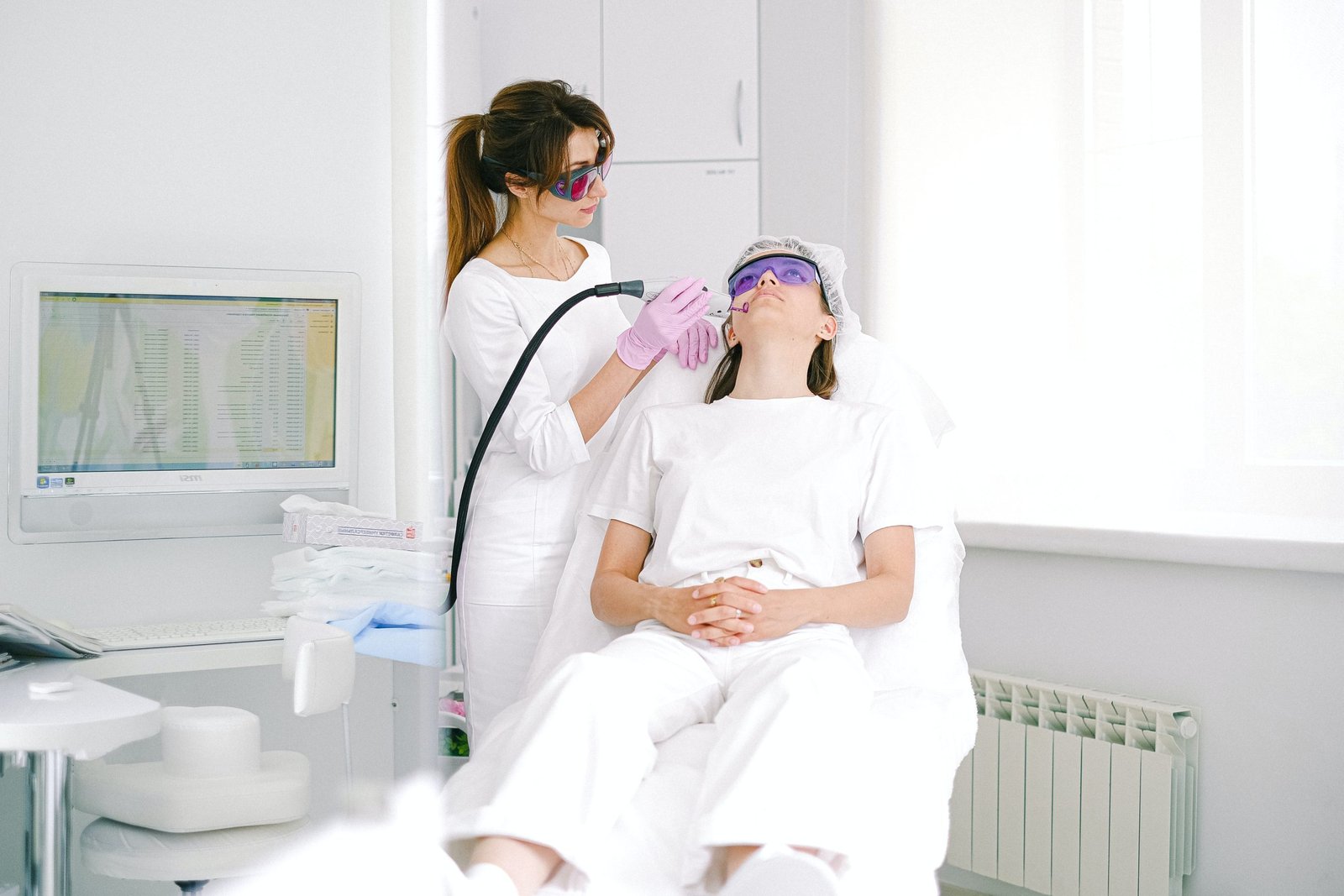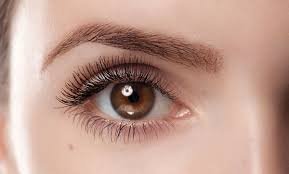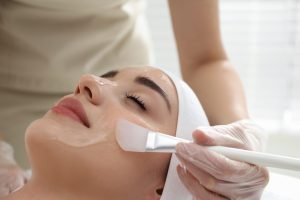Acne is a common skin condition that affects millions of people worldwide. It can be caused by various factors such as hormonal imbalances, genetics, and environmental irritants. While there are numerous over-the-counter products and prescription medications designed to treat acne, not all of them work for everyone. That’s where laser acne treatment comes in – a non-invasive, painless procedure that targets the root causes of acne.
In this article, we will explore how laser acne treatment works and its effectiveness compared to other treatments. We’ll also discuss the types of lasers used for treating acne and what you can expect during a session.
Overview of laser acne treatment
Laser acne treatment is a non-invasive procedure that involves the use of intense light to target and destroy bacteria that cause acne. It also helps to reduce inflammation, stimulate collagen production, and promote healing of the skin. The field medical spa cleverland ohio, also known as medspas or medi-spas, has been growing in popularity over the past few years. These facilities offer a range of services that fall somewhere between traditional day spas and doctor’s offices. Medical spas provide non-invasive treatments for a variety of conditions and concerns, such as acne, wrinkles, and unwanted hair.The laser energy penetrates deep into the skin, targeting the sebaceous glands responsible for producing oil that clogs pores.
The effectiveness of laser acne treatment varies depending on several factors such as skin type, severity of acne, and the number of treatments required. Generally, it is considered an effective option for treating moderate to severe acne as well as reducing scarring caused by acne. However, it may not completely eliminate all forms of acne and maintenance treatments may be required to prevent future breakouts.
How Laser Acne Treatment Works:
Laser acne treatment is an effective way to treat moderate to severe acne. The laser targets the sebaceous glands, which produce oil that can cause breakouts. The heat from the laser destroys these glands, reducing the amount of oil produced and preventing future breakouts.
There are different types of lasers used for acne treatment, including pulsed dye lasers and fractional lasers. Both use different wavelengths of light to target specific areas of the skin. Pulsed dye lasers target bacteria in the pores while fractional lasers promote collagen production and reduce scarring. Laser acne treatment is generally considered safe but may require multiple sessions for optimal results. It may also cause some discomfort during the procedure, such as a warm or burning sensation on the skin. However, this discomfort should subside shortly after treatment. Overall, laser acne treatment offers a non-invasive option for those struggling with persistent acne and can be highly effective in improving overall skin health and appearance.
Benefits of Laser Acne Treatment:
- One of the main benefits of laser acne treatment is its effectiveness in reducing acne and preventing future breakouts. By targeting the sebaceous glands, lasers can help to reduce oil production, which is a major contributing factor to acne. This means that not only will existing pimples be reduced, but the likelihood of new ones forming will also decrease.
- Another benefit of laser acne treatment is that it can help to improve skin texture and tone. The heat from the laser stimulates collagen production, which can lead to smoother, more even-looking skin. Additionally, some types of lasers can target hyperpigmentation caused by acne scars, helping to reduce their appearance over time.
- Lastly, laser acne treatment is a non-invasive procedure that requires minimal downtime. Unlike other treatments like chemical peels or microdermabrasion, there is no need for recovery time after a laser session. Patients may experience some redness or mild swelling immediately following treatment but should be able to resume normal activities shortly thereafter.
Effectiveness of Laser Acne Treatment:
Laser acne treatment is a popular option for many individuals struggling with acne. This treatment works by using a specialized laser to target and destroy the bacteria responsible for causing acne, as well as reducing inflammation in the affected areas. Many people have reported significant improvements in their skin after undergoing laser acne treatment, including clearer skin and reduced scarring.
One of the biggest advantages of laser hair removal or acne treatment is that it is typically less invasive than other forms of acne treatment, such as oral medications or topical creams. This means that patients can often return to their normal daily activities soon after the procedure without experiencing any significant discomfort or downtime. Additionally, because laser treatment targets the root cause of acne rather than just treating its symptoms, it may be more effective in preventing future breakouts.
Skin types and severity levels
Understanding your skin type is crucial when it comes to treating acne with lasers. There are five main skin types: normal, oily, dry, combination, and sensitive. Normal skin has a balanced level of moisture and oil production, while oily skin tends to produce excess sebum. Dry skin lacks moisture and can feel tight or flaky, while combination skin is a mix of oily and dry areas.
In addition to skin types, severity levels also play a role in laser acne treatment effectiveness. Mild acne consists of blackheads and whiteheads, moderate acne includes papules and pustules (red bumps with pus), and severe acne involves cysts or nodules (large painful bumps under the skin). The more severe the acne, the more treatments may be necessary for improvement.
Potential Side Effects:
Potential side effects of laser acne treatment include redness, swelling, and mild discomfort immediately following the procedure. These side effects typically resolve within a few hours to a few days after treatment. Some individuals may experience temporary darkening or lightening of the skin in the treated area, which can persist for several months.
Rare but more severe side effects may include scarring, blistering, and infection. It is important to discuss any potential risks with your healthcare provider before undergoing laser acne treatment. In addition, individuals with certain medical conditions or those taking certain medications may not be suitable candidates for this type of treatment.
Conclusion:
In conclusion, laser acne treatment has revolutionized the way we approach acne. It works by targeting the root cause of acne and reducing inflammation, resulting in clearer skin. The treatment is effective for various types of acne and has minimal side effects. While it may require multiple sessions to see significant results, laser acne treatment offers a safe and reliable solution for those struggling with persistent acne. It is always important to consult with a professional dermatologist to determine if laser treatment is right for you. If you have been suffering from acne, don’t hesitate to explore this option and take the first step towards achieving clear skin today.
ALSO READ / different type of clothes styles






Be First to Comment